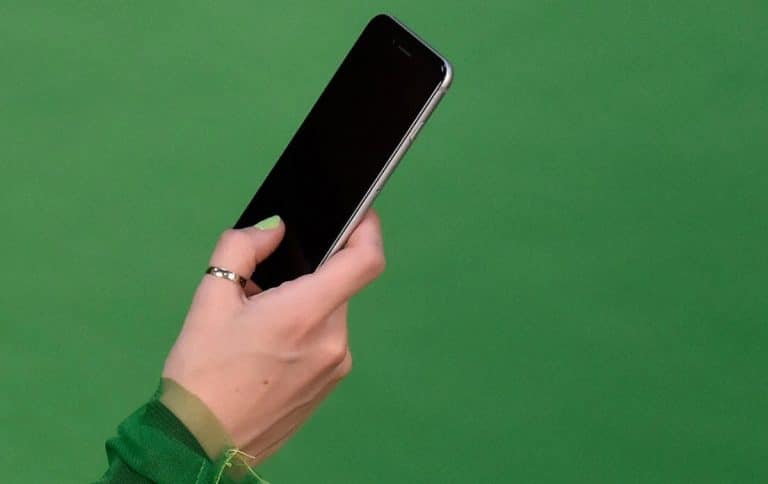The Fappening: everything you need to know about the leaked celebrity nudes
Okay, it might have been almost six years ago—yes, 2014 was six years, ago how mad is that?—but the fappening is still a heavily trending search word on Google and for those of us who weren’t yet in our full active online selves more than half a decade ago, and who have no idea what the fappening is, we’re here to explain it to you, once and for all.
What is the fappening?
The fappening, also known as TheFappening or Celebgate, refers to the hacking and leaking of hundreds of nude photos of over 100 celebrities, including most notoriously Jennifer Lawrence and Rihanna back in 2014.
The Cloud leaked pictures were shared on the now-closed image-sharing forum 4chan as well as Reddit and once published on the forums, which attract millions of users every month, tracing and deleting the images from the web became a messy, legally challenging and difficult task.

iCloud leaks of celebrity photos
The man behind the leaked photos hacked into celebrities’ iCloud accounts by sending phishing emails to the affected individuals’ Gmail accounts. It is reported that the hacker requested the victims to provide their usernames and passwords using emails that imitated the look and feel of an official email from Google or Apple.
Once in, the hacker downloaded hundreds of private photos from these accounts and swiftly published, making internet history for what were the worst celebrity leaks ever.
What does fappening mean?
The term fappening is a mashup of two words: the happening, as in what’s happening, and fapping, which is slang for masturbating.
Online, the term fappening refers to a hacker who has illegally accessed nude photos of individuals, oftentimes celebrities, and then leaks them on global forums like 4chan, Reddit and Saidit—at times in exchange for payment, usually cryptocurrency.
Who is the hacker that created the Fappening in 2014?
Ryan Collins, who was 36-years-old at the time of the Labour Day hack back in 2014, is the Pennsylvania hacker who has pleaded guilty on the count of “unauthorized access to a protected computer to obtain information.”
Following a trial in 2016, Collins was sentenced to 18 months in prison on account of hacking into more than 600 people’s iCloud accounts.
Why the Fappenning is a toxic outlet of our culture
Unfortunately, the fappening is not a one-off case but a recurring issue of our society—something that systematically affects more women than it does men. More importantly, the laws that protect our privacy, particularly online, are not yet set in place to stop these crimes from happening. And forums are often not responsible for the type of content that is published on their platforms.
In an interview with Vanity Fair, Jennifer Lawrence speaks of her experience, saying that “It is not a scandal. It is a sex crime.” Here’s to hoping celeb leaks are a thing of the past…
5 of the worst celebrity hacks
1. Rihanna
Numerous nude photos of the singer were leaked across the internet during CelebGate. Other stars such as Jennifer Lawrence and Arianna Grande also had sensitive photos of themselves leaked for the world to see.
2. Miley Cyrus
Hackers clearly don’t care how old you are. Miley Cyrus was hacked in 2008, back when she was just 15-years-old. Hacker Josh Holly released provocative photos of the young actress. Then, in 2017, Cyrus was hacked again, this time in conjunction with Tiger Woods, Kristen Stewart, Lindsey Vonn, and others. And this time, the photos were nude. The hack became known as ‘The Fappening 3.0’.
3. LeBron James
Earlier this year, the website of the law firm Grubman Shire Meiselas & Sacks was breached by hackers. The firm represented A-listers such as Robert DeNiro, Drake, Elton John, Lady Gaga, and the ‘King’ himself, LeBron James. Hackers claimed to have obtained 756 gigabytes of private information and demanded payment in exchange for the information. The situation still hasn’t been resolved as hackers have begun auctioning off information on the stars.
4. Jude Law
The star of The Young Pope was hacked back in 2014 by both the British media and members of his own family. News of the World allegedly paid a relative of Law to leak sensitive information about him.
5. Kate Middleton
The Duchess of Cambridge, Kate Middleton, reportedly had her phone hacked over 155 times. The perpetrator was the British tabloid, News of the World, again. According to the BBC, Clive Goodman, editor of News of the World, hacked Prince William 35 times and Prince Harry nine times.





